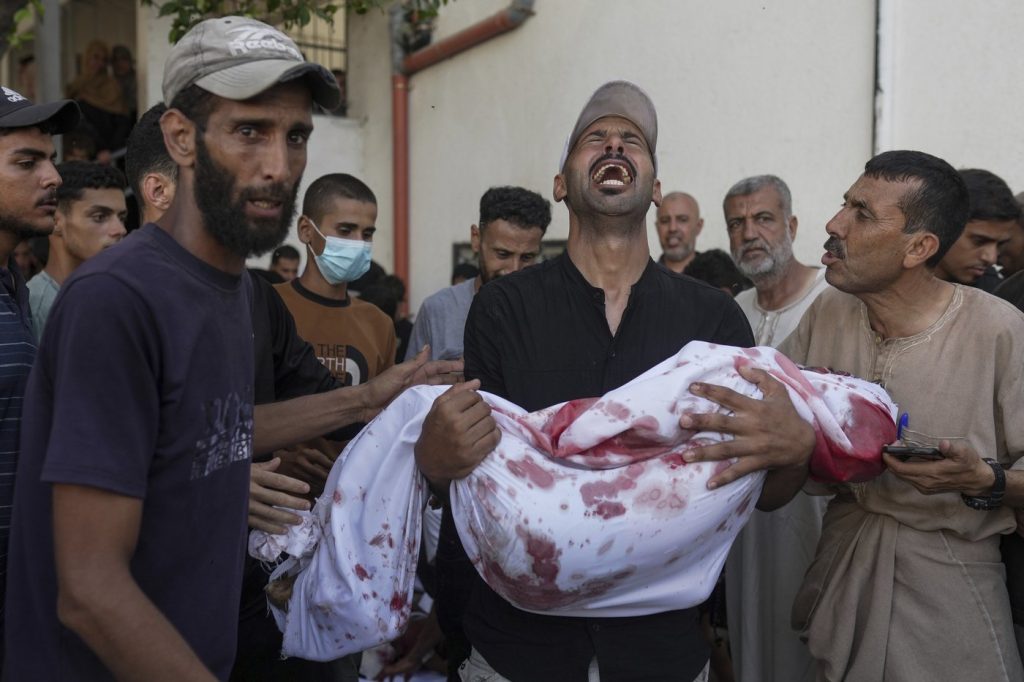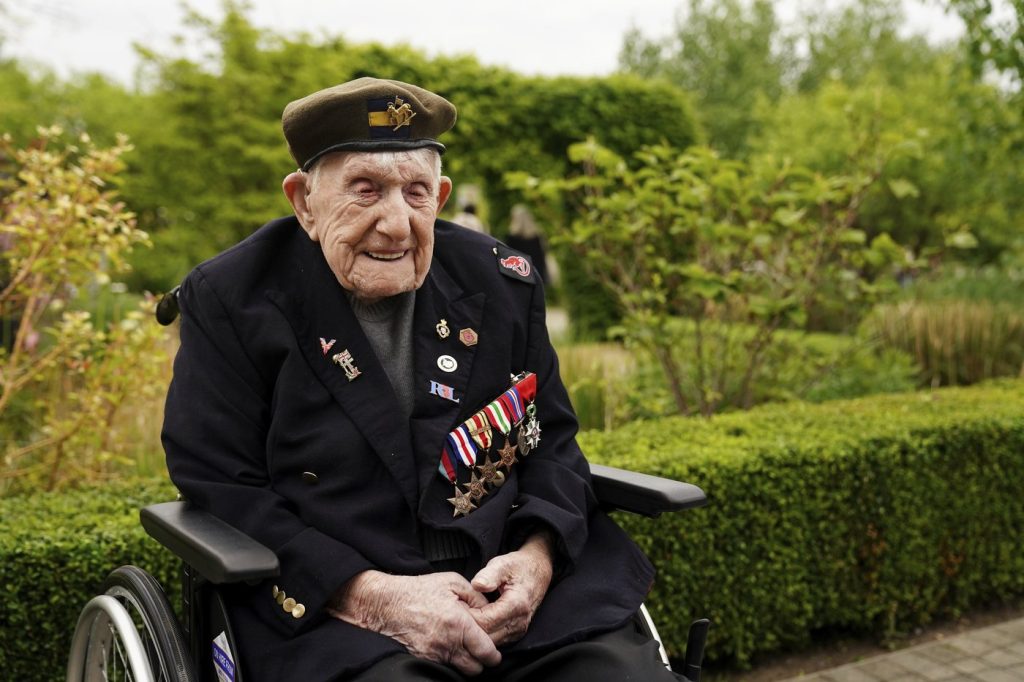DEIR AL-BALAH, Gaza Strip – At least 31 Palestinians were killed on Saturday as they were attempting to reach an aid distribution site in the Gaza Strip. The tragedy unfolded when they were shot en route to a location operated by the Gaza Humanitarian Foundation, an American organization supported by Israel. This incident coincided with Israeli airstrikes that claimed the lives of another 28 Palestinians, including four children, according to Palestinian hospital officials and witnesses.
Efforts to broker a ceasefire appeared fruitless as U.S. President Donald Trump and Israeli Prime Minister Benjamin Netanyahu concluded two days of discussions yielding no significant breakthroughs. Trump had earlier indicated that a potential agreement between Israel and Hamas was imminent, which could lead to a cessation of hostilities.
The violence near Rafah in southern Gaza brought an overwhelming number of gunshot victims to the Red Cross field hospital, which reported its highest influx of casualties in over a year. Witness statements revealed that the majority of the more than 100 injured individuals suffered from gunshot wounds. Airstrikes rocked Deir al-Balah in central Gaza, leading to additional casualties, including 13 fatalities in one strike alone.
The humanitarian crisis has worsened in Gaza, where much of the population, exceeding 2 million, remains reliant on external aid amid concerns of famine. Following restrictions on aid imposed by Israel after the latest ceasefire ended in March, the food security situation has deteriorated significantly. The Red Cross highlighted the increasing frequency of mass casualty incidents, underlining the urgent need for humanitarian assistance.
Israel’s military stated it had fired warning shots towards individuals they deemed suspicious. However, eyewitness accounts painted a different picture, suggesting that military engagement escalated into violence against civilians. One survivor, Abdullah al-Haddad, described witnessing an Israeli tank open fire while he was merely 200 meters from the distribution site. Another witness, Mohammed Jamal al-Sahloo, claimed the military had instructed them to approach the site just before the shootings began.
The emotional toll of these events was echoed by bereaved families. Sumaya al-Sha’er lost her 17-year-old son, Nasir, who had been determined to help by bringing flour home. She recounted how she had previously restricted him from visiting aid sites due to safety concerns.
Human rights organizations, along with officials from the United Nations, expressed alarm over the rising death toll of Palestinians trying to access humanitarian assistance. The Gaza Humanitarian Foundation has disputed claims of violence occurring near its sites, despite reports from its contractors that paint a different picture of the chaos surrounding aid distribution.
As the violence escalated, the distribution of humanitarian aid faced additional hindrances due to Israeli military restrictions and widespread lawlessness leading to looting. Recently, a small quantity of fuel, essential for running hospitals and water systems, was introduced into Gaza after a prolonged absence of 130 days.
In a separate incident, Palestinian-American Seifeddin Musalat was fatally attacked by Israeli settlers in the West Bank while visiting family. Witness accounts allege that the settlers blocked medical assistance from reaching him, compelling his family to demand an investigation from the U.S. State Department.
The ongoing conflict, which began with a deadly Hamas attack on Israel on October 7, 2023, has led to catastrophic humanitarian conditions. Israeli retaliations have resulted in over 57,800 Palestinian deaths, with a large proportion consisting of women and children. These statistics have generated worldwide concern, with humanitarian agencies deeming them one of the most reliable accounts of the casualties stemming from this prolonged conflict.












